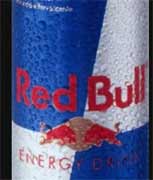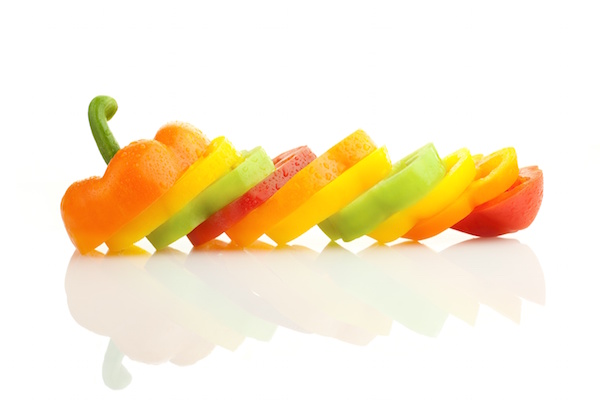
TUESDAY, Nov. 16 (HealthDay News) — College students who routinely consume highly caffeinated energy drinks are at significantly higher risk for becoming alcohol-dependent, new research suggests.
“What we found is that weekly drinkers of energy drinks are more likely to meet the criteria for alcohol dependence,” said study author Amelia M. Arria, director of the Center on Young Adult Health and Development in the department of family science at the University of Maryland School of Public Health.
That means energy-drink aficionados are more likely to suffer from “an inability to stop drinking alcohol, even though they continuously experience a cluster of negative consequences as a result of drinking too much of it,” she explained.
Some students down the unregulated energy drinks so they can stay up and study. Others mix them with alcohol, which can cause an impaired state described as being “wide-awake drunk.”
For the study, published online before print in the February issue of Alcoholism: Clinical & Experimental Research, Arria and her colleagues looked at data collected from a survey of nearly 1,100 seniors enrolled at a large public U.S. university.
The researchers did not focus on the alcohol-containing caffeinated drinks like Four Loko that some U.S. states have banned because of a rash of hospitalizations related to alcohol-poisoning.
Rather, they examined the potential relationship between routine drinking of nonalcoholic energy beverages that contain high amounts of caffeine (50 milligrams to 500 milligrams per can) and consumption patterns of alcoholic drinks.
The authors asked the participants about their drinking habits over the 12 previous months, and found that about 10 percent had chugged back energy drinks, such as Red Bull, on more than 52 days. These students were deemed “high-frequency” drinkers.
These high-frequency consumers of energy drinks drank alcohol more often during the prior year than low-frequency drinkers (those consuming energy drinks one to 51 days per year). The high-frequency group registered 142 days of alcohol consumption, versus 103 days among the low-frequency group.
Compared with the low-frequency pool of students, the high-frequency energy drinkers got drunk at a younger age and drank more alcohol per session: more than six drinks a day compared with fewer than five drinks a day.
After accounting for potentially contributing factors, such as family history of alcohol and drug use, fraternity/sorority participation, risk-taking behavior, depression and childhood conduct problems, the study authors determined that consuming energy drinks weekly or daily is “strongly associated” with alcohol dependence.
While the study found an association between energy drinks and alcohol consumption, it did not prove a cause-and-effect relationship.
“We do think that when you drink energy drinks you prolong your alcohol consumption and drink past the point of intoxication because you’re awake longer, which leads to bad consequences,” Arria said.
Another possibility: “People who are alcohol-dependent turn to energy drinks to get over their hangovers,” she noted. “It could be that simple. But we need to do more research to find out.”
For now, public education efforts and regulations are needed, she added.
Dr. Richard Zane, vice chair of emergency medicine at Brigham and Women’s Hospital in Boston, said he wasn’t surprised by the study’s findings.
“First of all, the one thing that’s important to know about these energy drinks is that these are substances,” he said. “Just because it’s available at a ‘7-11’ or a supermarket or over-the-counter somewhere does not mean it’s not a substance. And they are prone to abuse, like any substance.”
“It’s also important to know that most people who abuse one substance abuse another,” added Zane, who is also an associate professor in the department of emergency medicine at Harvard Medical School.
“So when you have drinks which have a physiological effect that might lead people to use them the way they use amphetamines or cocaine, it’s not surprising that they would mix them with alcohol,” he said. “Which, of course, is something people have been doing for a long time. Just as they have been using caffeine for hangovers for a long time.”
More information
For more on alcohol dependence, visit the U.S. National Institutes of Health.

